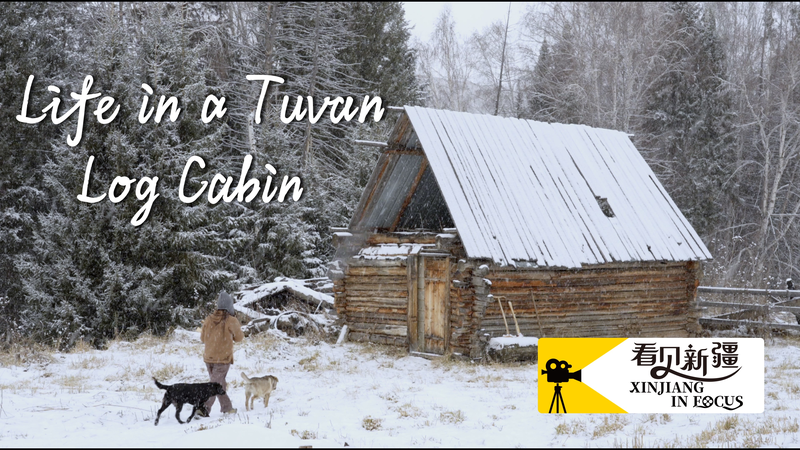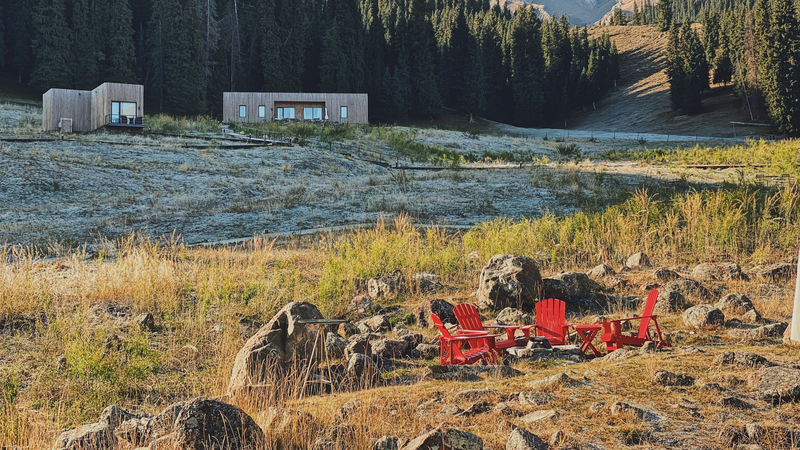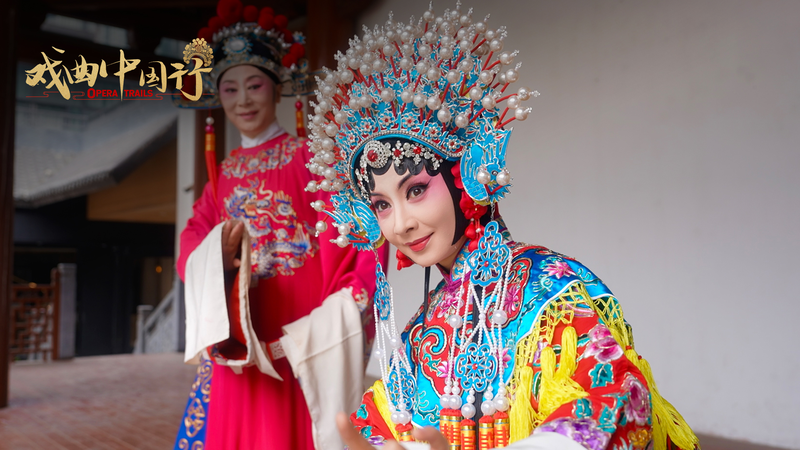In the heart of the Xinjiang Uygur Autonomous Region's Kanas area, misty mornings and wooden cabins define Hemu Village, a hidden gem where tradition meets modern tourism. For Ou Donghua, a young woman from the Tuvan Mongolian community, this log cabin enclave is more than a postcard: it is home.
Growing up, Ou Donghua recalls days when visitors were rare, and the rhythm of life followed the seasons: herding, harvesting and family gatherings around firelight. Today, she navigates a new reality: guesthouses fill up months ahead, and digital nomads from across the globe stream in to experience Tuvan culture.
'I still wake up before dawn,' says Ou Donghua, 'but now my mornings involve greeting guests as much as tending livestock.' Her story mirrors Hemu's journey from secluded retreat to a buzzing travel hotspot. Local families have opened homestays, offering homemade dairy treats and Tuvan horse-riding tours.
The influx of visitors has spurred fresh opportunities: women in the village have formed cooperatives to sell handcrafted textiles, while youth deploy social media to share Tuvan music and dance. At the same time, challenges loom – balancing conservation with commerce, and ensuring villagers steer growth in line with traditions.
Looking ahead, sustainable tourism lies at the heart of Hemu's next chapter. Plans for eco-friendly trails and limited overnight permits aim to protect the valley's pristine beauty. For Ou Donghua and her community, the dream is clear: to share Tuvan life with the world while keeping the log-cabin spirit alive.
As Hemu's cabins glow against fog-draped pines each morning, visitors glimpse a way of life rooted in harmony with nature. Through the eyes of its young residents, this hidden paradise continues to tell its timeless tale, one log cabin at a time.
Reference(s):
cgtn.com




